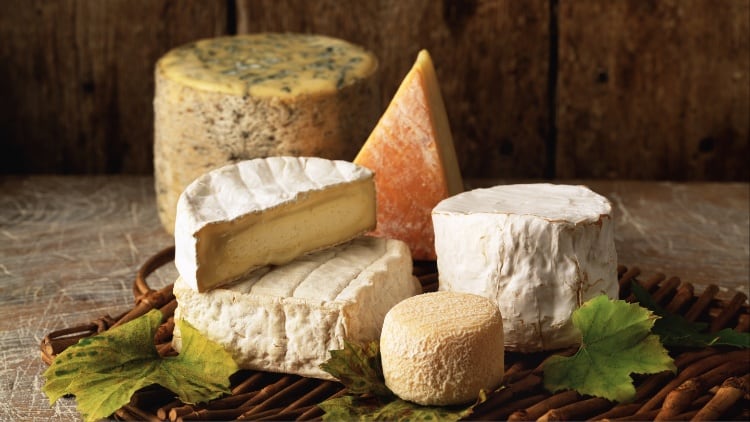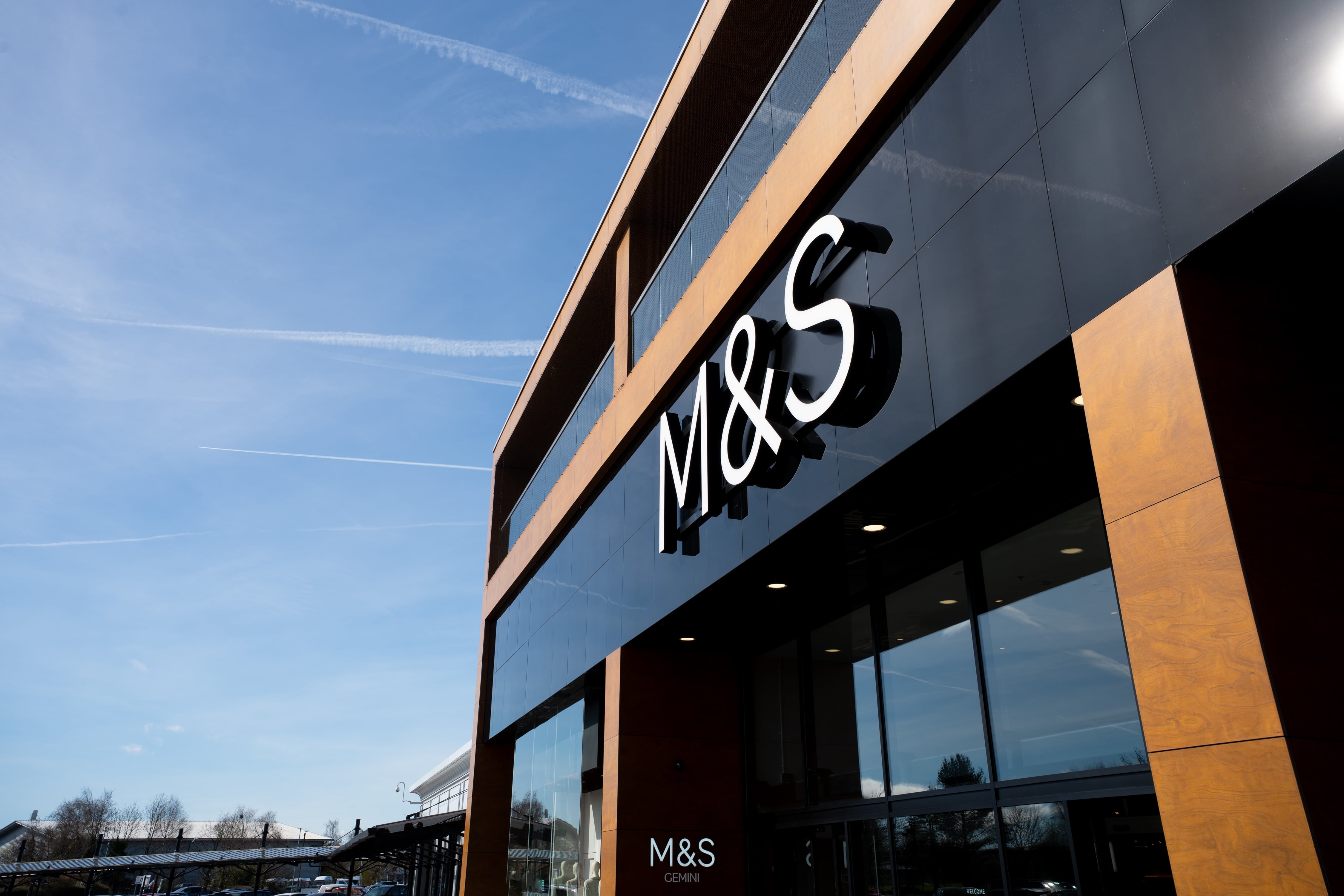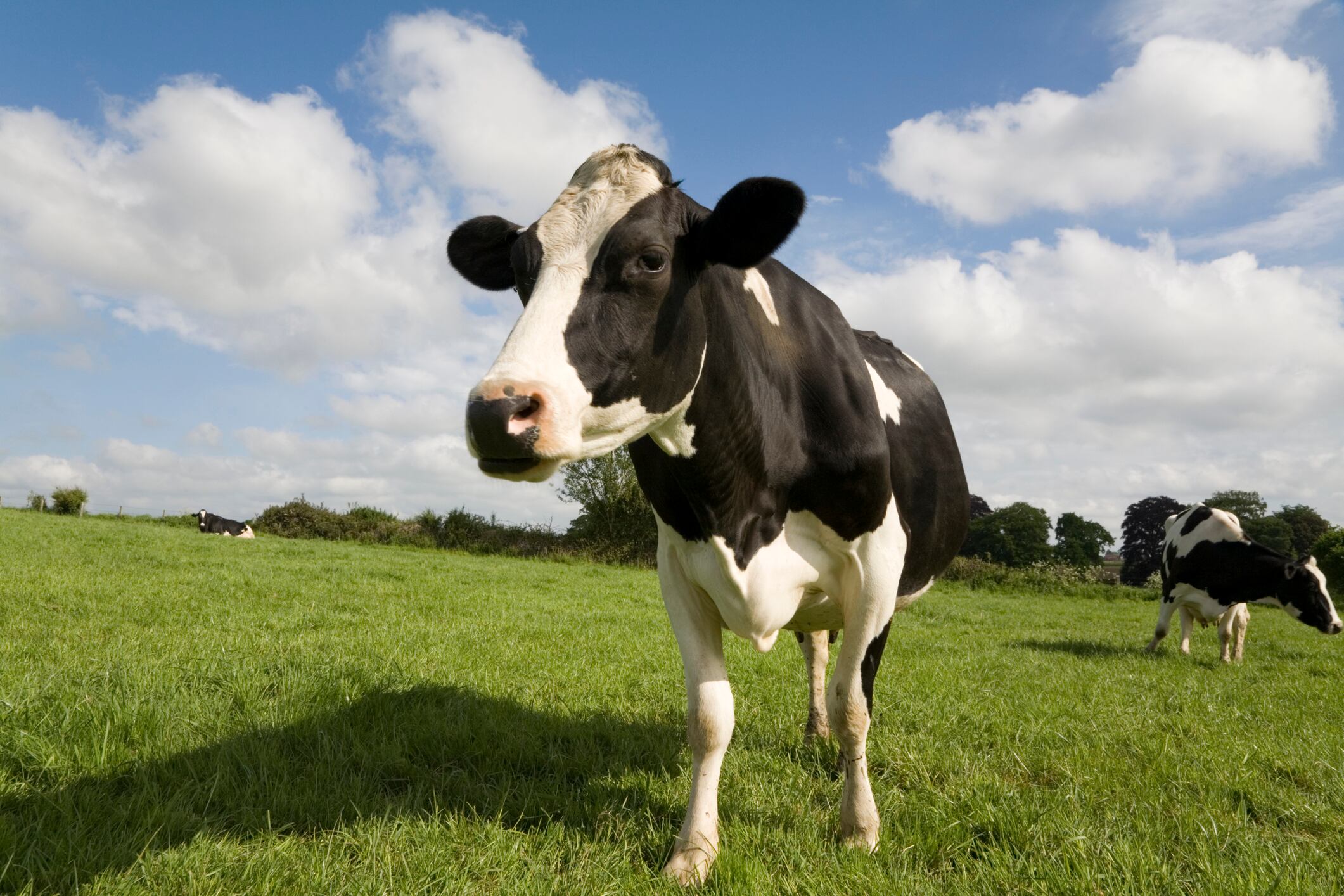This follows international negotiations which involved the Department for Business and Trade and Department for Environment, Food and Rural Affairs.
The requirement was due to come into force January 2026, with the UK Government estimating that the decision not to impose the barrier will provide £250 million in additional export opportunities for farmers over a five-year period.
This change means that exported British cheese and butter can continue to reach Egyptian shelves more easily and affordably. In 2024, the UK exported around £26 million of dairy items to Egypt.
“This is a clear win for UK farmers,” said minister for trade policy Douglas Alexander.
“By opening up the Egyptian market, we’re helping British farmers sell more of their world-class dairy abroad.
“This is what our Trade Strategy looks like in action: removing barriers, boosting exports, and backing communities across the UK.”
Minister for food security and rural affairs, Daniel Zeichner, added that the removal of the proposed barrier will cut costs and red tape for exporters and “boost growth opportunities”.
“This is a key example of the government’s Plan for Change in action, unlocking investment for businesses in the UK,” Zeichner said.
Were it implemented, the barrier would have required halal certification on dairy products, adding more £1,000 per shipment.
The news was also welcomed by Rod Addy, director general of the Provision Trade Federation, who said it would eliminate a “longstanding trade barrier for UK exporters”.
“The UK is currently among the leading suppliers of dairy products to Egypt, with average annual exports valued at around £26 million in 2024 — driven primarily by powdered milk and cream,” explained Addy.
“Hopefully this change will open growth opportunities for other dairy categories such as cheese and butter, helping to diversify and expand the UK’s export portfolio in this key market benefiting both UK producers and Egyptian consumers.”




